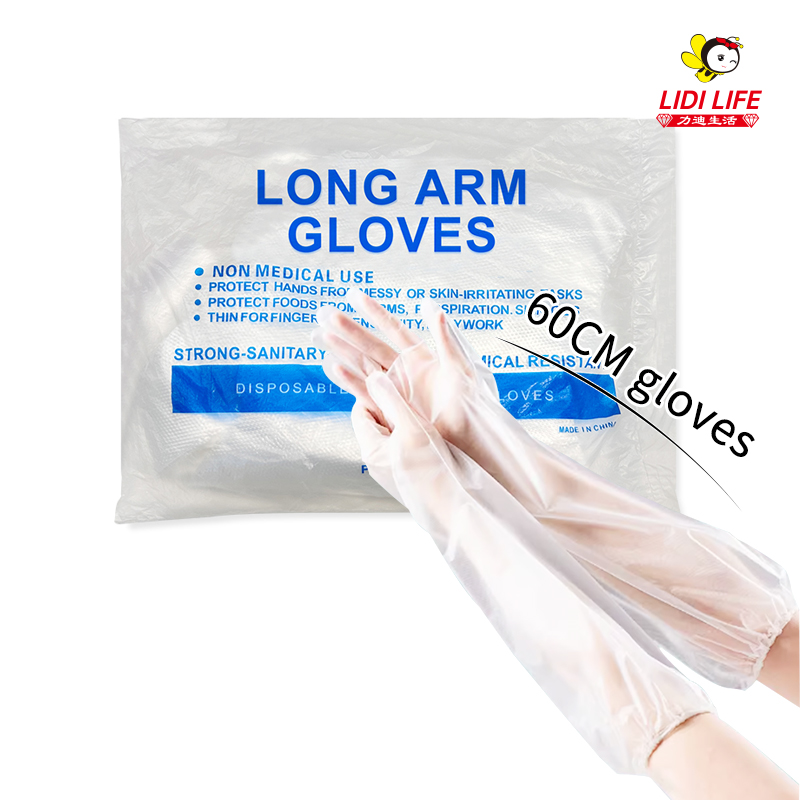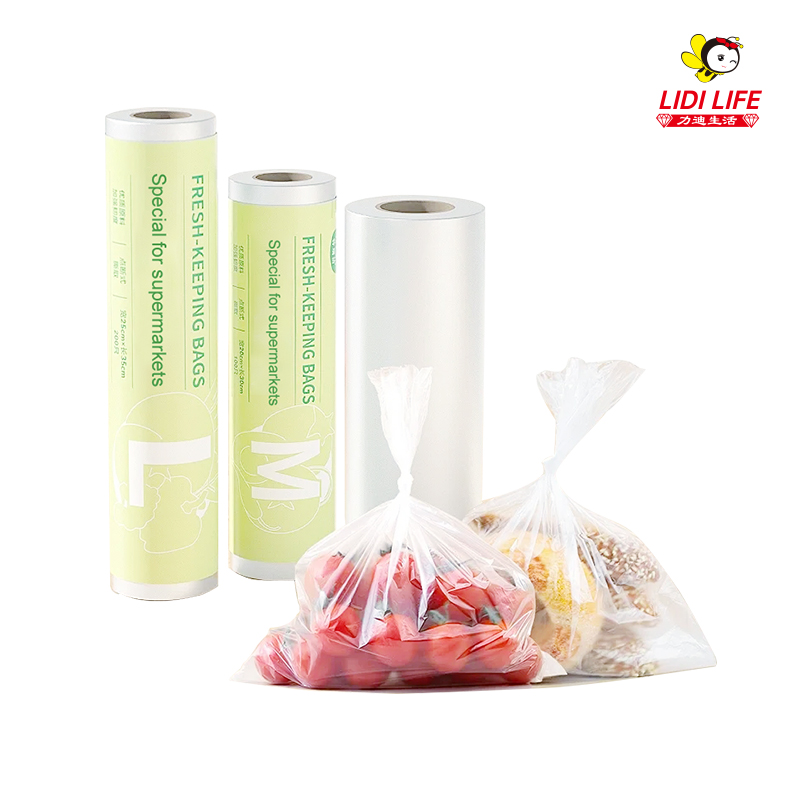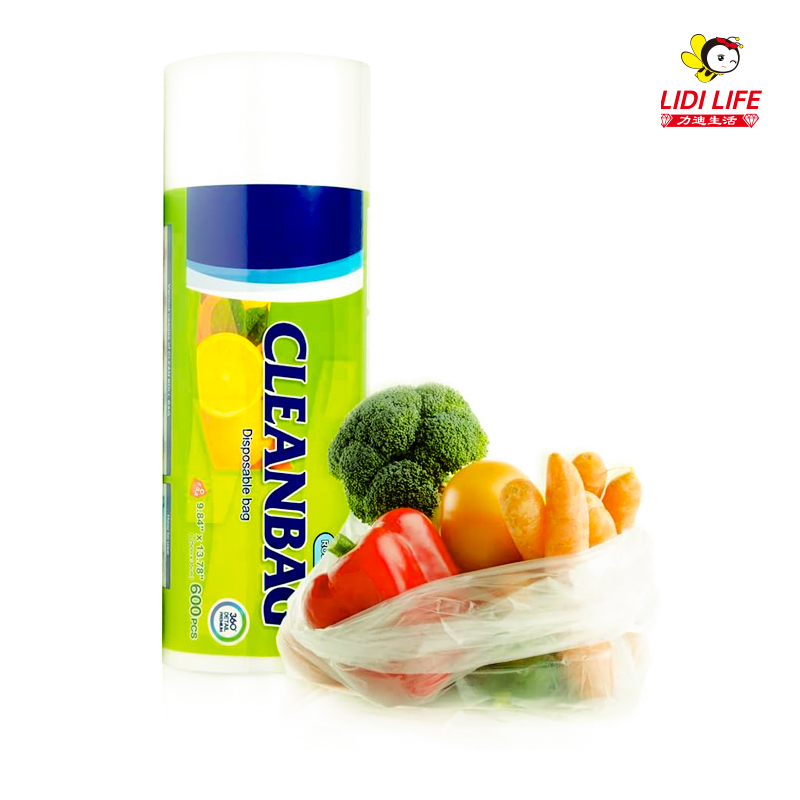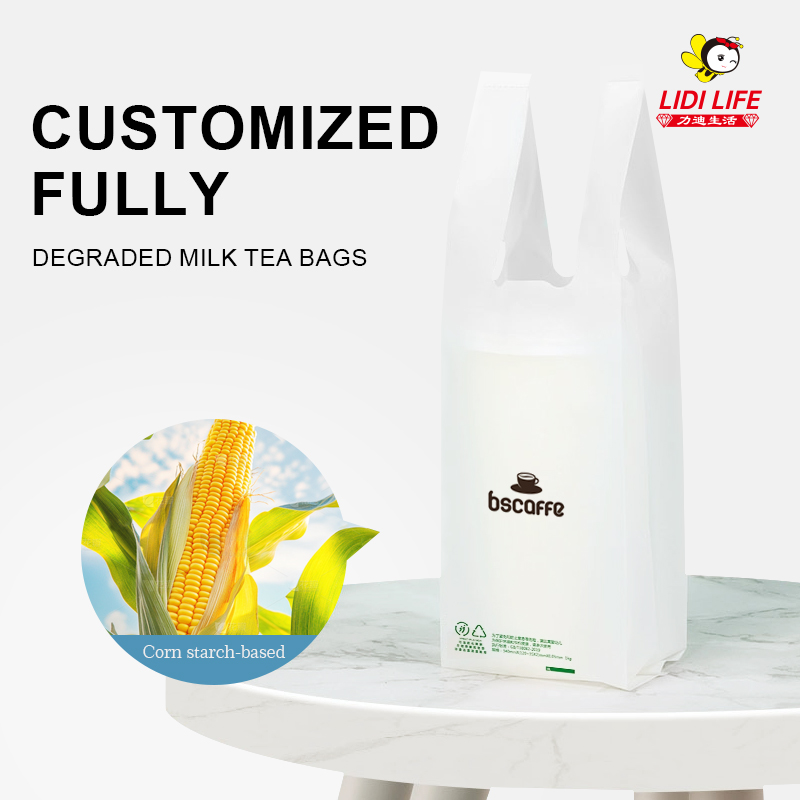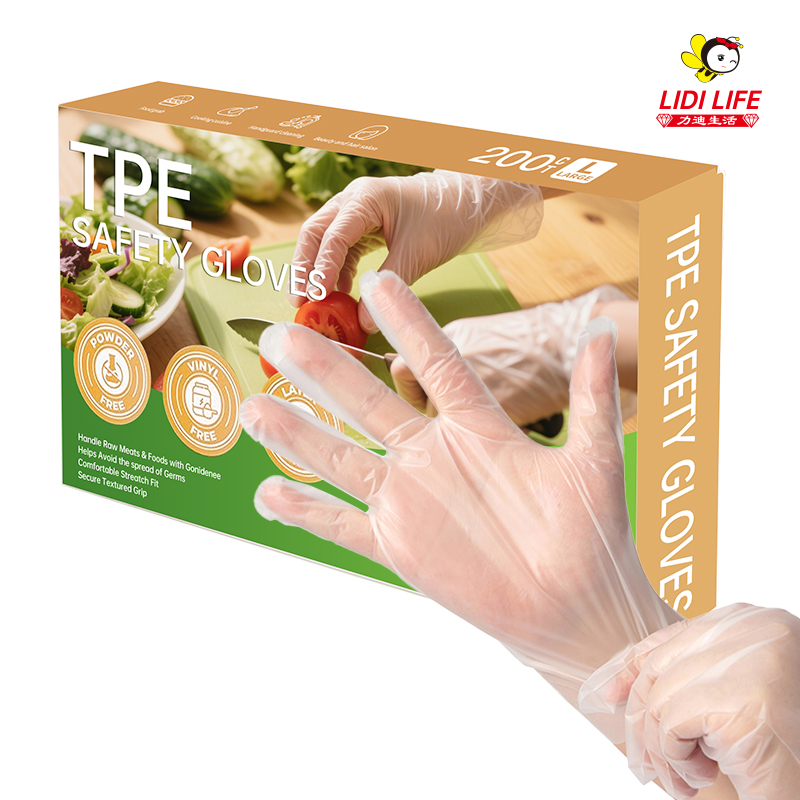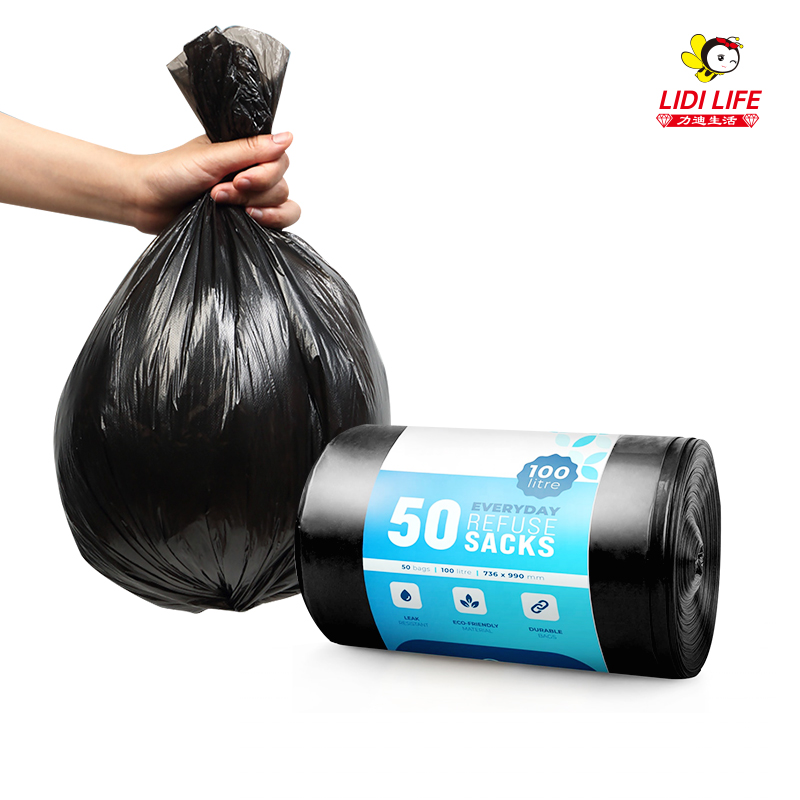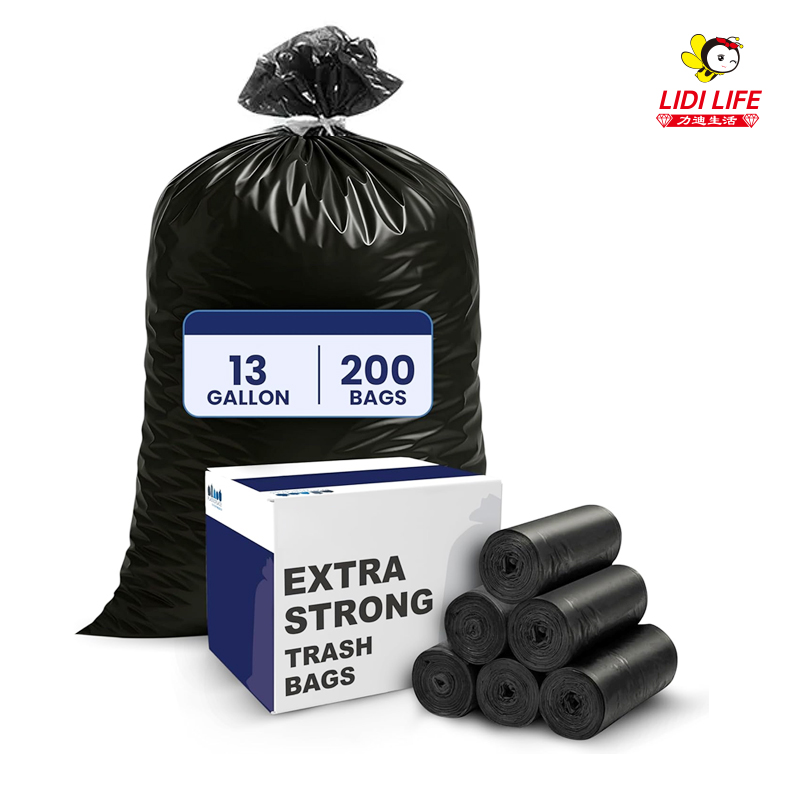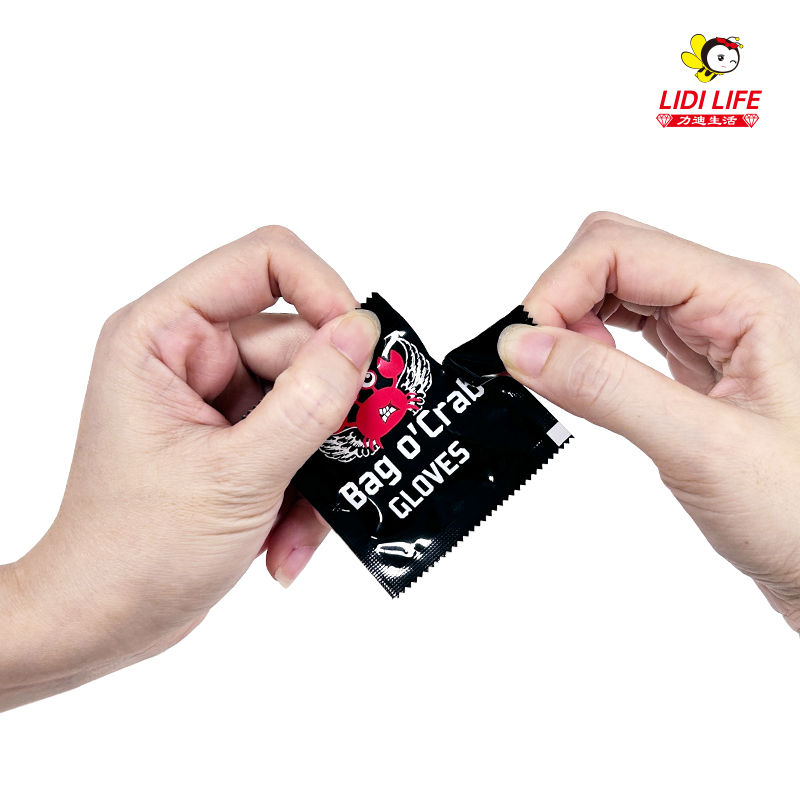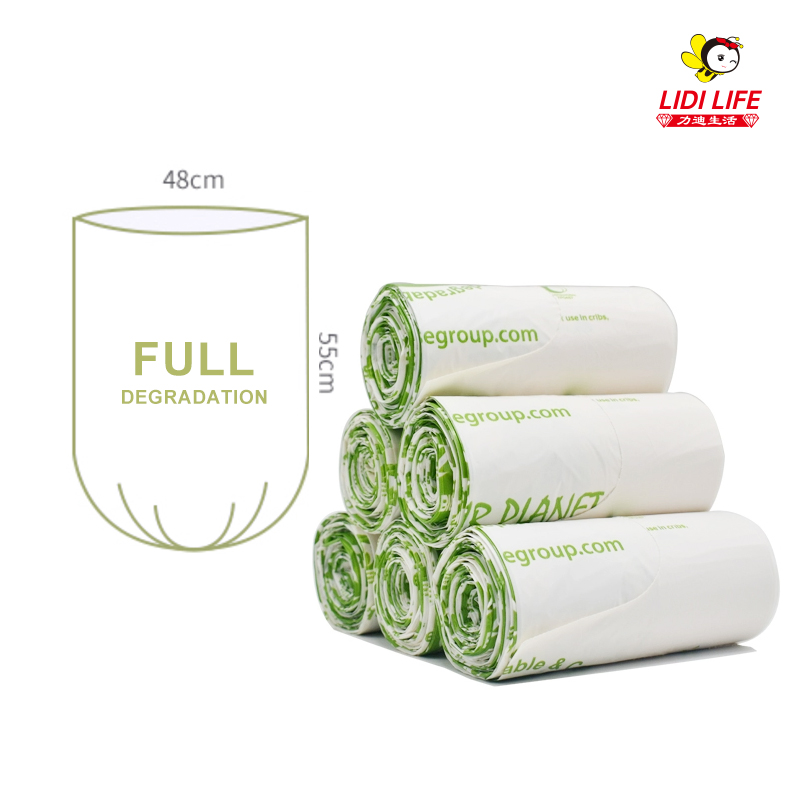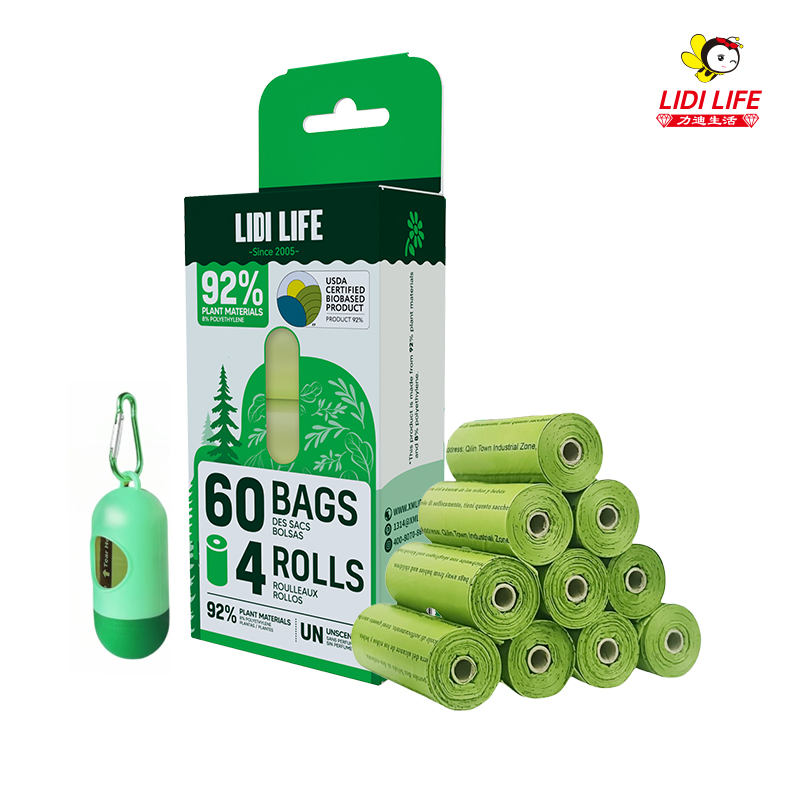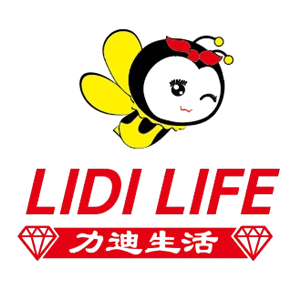Executive Summary
The global trash bags market faces a pivotal shift as biodegradable trash bags and compostable trash bags challenge conventional garbage bags. This cost analysis compares production, pricing, lifecycle expenses, and ROI across bag types, with biodegradable garbage bags emerging as a sustainable yet premium alternative.
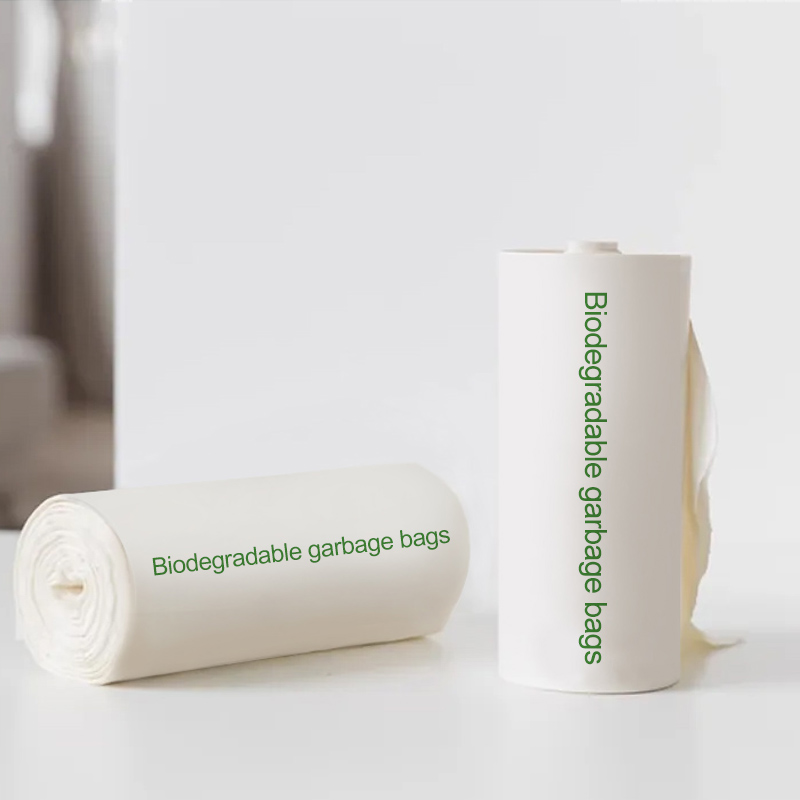
Cost Structure Breakdown
Raw Material Costs
Material | Traditional Garbage Bags (LDPE) | Biodegradable Trash Bags (PLA/PBAT) | Compostable Trash Bags (Starch Blends) |
Resin Cost ($/kg) | 1.20-1.50 | 2.80-3.50 | 3.20-4.00 |
Additives Cost | $0.10/kg (colorants) | $0.30/kg(enzymes, pro-oxidants) | $0.50/kg (composting aids) |
Total Material Cost | 1.30-1.60/kg | 3.10-3.80/kg | 3.70-4.50/kg |
Key Insight: Biodegradable garbage bags require 2.5× more material investment than LDPE trash bags.
Production & Manufacturing Costs
Energy Consumption
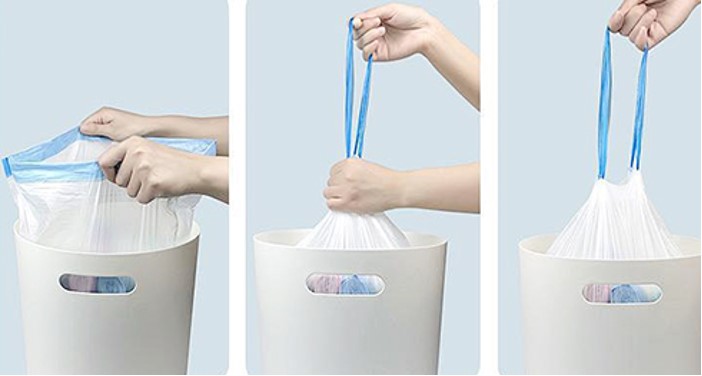
Traditional Garbage Bags:
Extrusion energy: 0.8 kWh/kg
Carbon footprint: 3.1 kg CO₂/kg
Biodegradable Trash Bags:
Fermentation + processing: 1.4 kWh/kg
Carbon footprint: 1.9 kg CO₂/kg
Labor & Equipment
Factor | LDPE Trash Bags | Compostable Trash Bags |
Production Speed | 1,200 bags/minute | 600 bags/minute |
Labor Skill Premium | 0% | +15% (specialized handling) |
Cost Impact: Biodegradable garbage bags have 18-22% higher per-unit production costs.
Pricing & Retail Margins
Consumer Price Comparison
Bag Type | Price per 10-Gallon Bag | Premium vs. Traditional |
Standard Garbage Bags | 0.08-0.12 | Baseline |
Biodegradable Trash Bags | 0.25-0.40 | +200-230% |
Compostable Trash Bags | 0.35-0.55 | +300-350% |
Bulk Purchase Discounts
Traditional Trash Bags: 40% discount at 10,000+ units.
Biodegradable Garbage Bags: 25% discount (limited supplier competition).
Lifecycle Cost Analysis
Waste Management Costs
Disposal Method | LDPE Garbage Bags | Compostable Trash Bags |
Landfill Fees | $55/ton | $0 (fully degraded) |
Composting Facility | N/A | $20/ton (processing) |
Savings: Municipalities save $75/ton using biodegradable trash bags.
Carbon Tax Implications
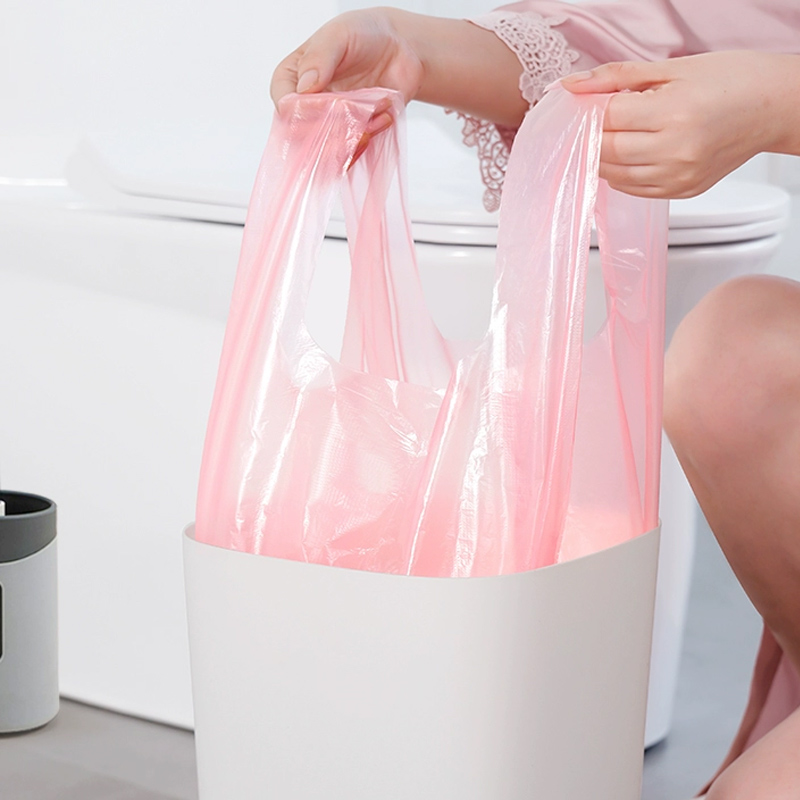
EU Plastic Tax: €0.80/kg on non-recyclable trash bags.
US States: 1-5/ton CO₂ penalty for LDPE production.
ROI for Businesses & Households
Commercial Case Study (Hospitality Sector)
Traditional Garbage Bags:
Annual cost: $4,200 (10,000 bags)
Waste fees: $1,800
Biodegradable Garbage Bags:
Annual cost: $9,500
Waste savings: $1,200 (compost rebates)
Payback Period: 3.2 years
Municipal Adoption (10,000-Population Town)
Metric | LDPE Trash Bags | Compostable Trash Bags |
Annual Cost | $120,000 | $210,000 |
Carbon Credit Value | $0 | $18,000 |
Net Cost | $120,000 | $192,000 |
Future Cost Projections (2025-2030)
Price Parity Timeline
2025: Biodegradable trash bags to drop 15% (economies of scale).
2028: Compostable trash bags reach 50% cost reduction via:
Algae-based resins ($2.10/kg)
Automated composting infrastructure
Regulatory Cost Pressures
2026 EU Mandate: 30% recycled content in all garbage bags (+$0.05/bag).
US EPA Rules: Landfill bans on non-biodegradable garbage bags by 2030.
Strategic Recommendations
For Manufacturers
Invest in PBAT/PLA blends to reduce biodegradable trash bags costs by 20%.
Partner with composting facilities to lower compostable trash bags logistics costs.
For Consumers
Use biodegradable garbage bags for organic waste (higher ROI).
Buy compostable trash bags in bulk (20%+ savings).
For Policymakers
Subsidize compostable trash bags production ($0.10/kg incentive).
Tax virgin LDPE trash bags at 5-10%.
Conclusion
While biodegradable trash bags and compostable trash bags currently cost 2-3.5× more than traditional garbage bags, their lifecycle savings and regulatory advantages will drive price parity by 2030. Early adopters gain ESG benefits and future-proof compliance.
For more detailed information about our products including plastic wrap for moving,trash bags,garbage bags,biodegradable trash bags,compostable trash bags,biodegradable garbage bags please visit the product introduction section on our company's official website.


